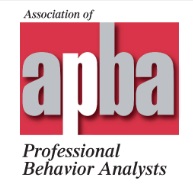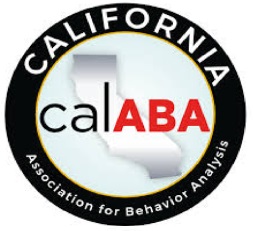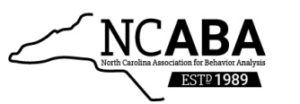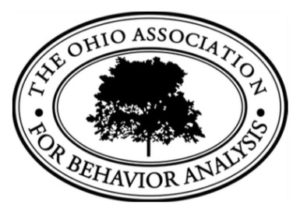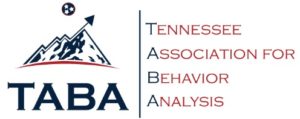The PCM 'Instructor Certification Sequence'
Is designed to reach these goals and desires. High initial standards when a training is completed, and the legal protection of an outside certificiation process that allows you to make the case that your organization did everything it reasonably could be expected to do regarding your instructors' training.

“Spending the time to train staff but not properly evaluate their skills and certifying them is like going to law school but never bothering to take the BAR exam.”

Evaluate and Certify is the third step and final step of the 'Training' stage of the PCMA signature Safe organization Prescription. At the end of this stage, you will now have a group of Competent and Confident In-House Instructors that are Certified and ready to begin the roll out of PCM inside your organization.



